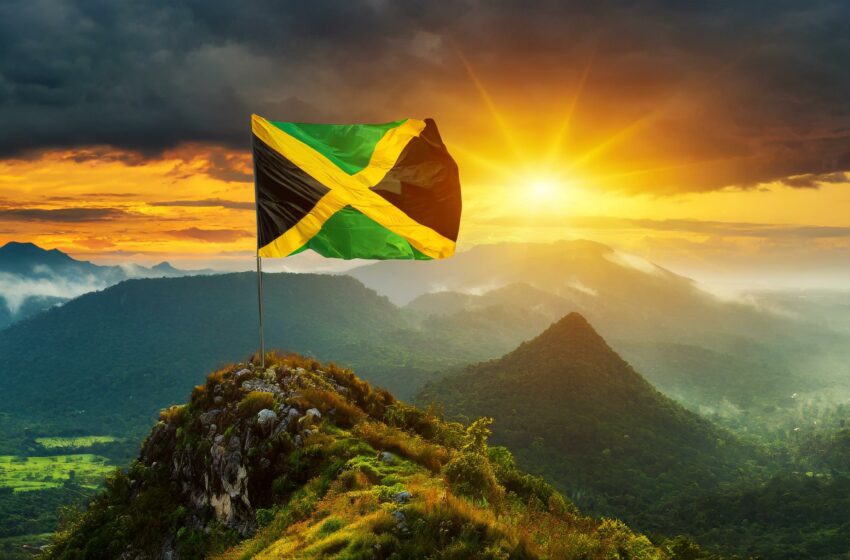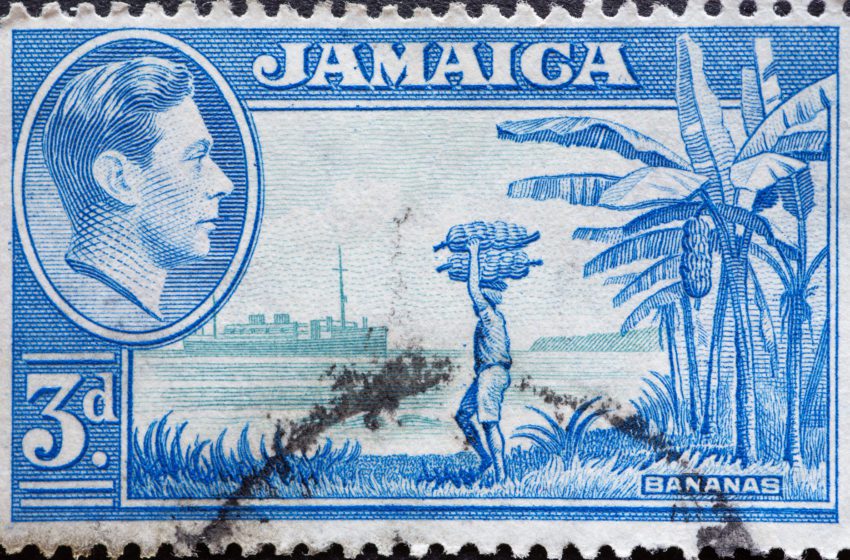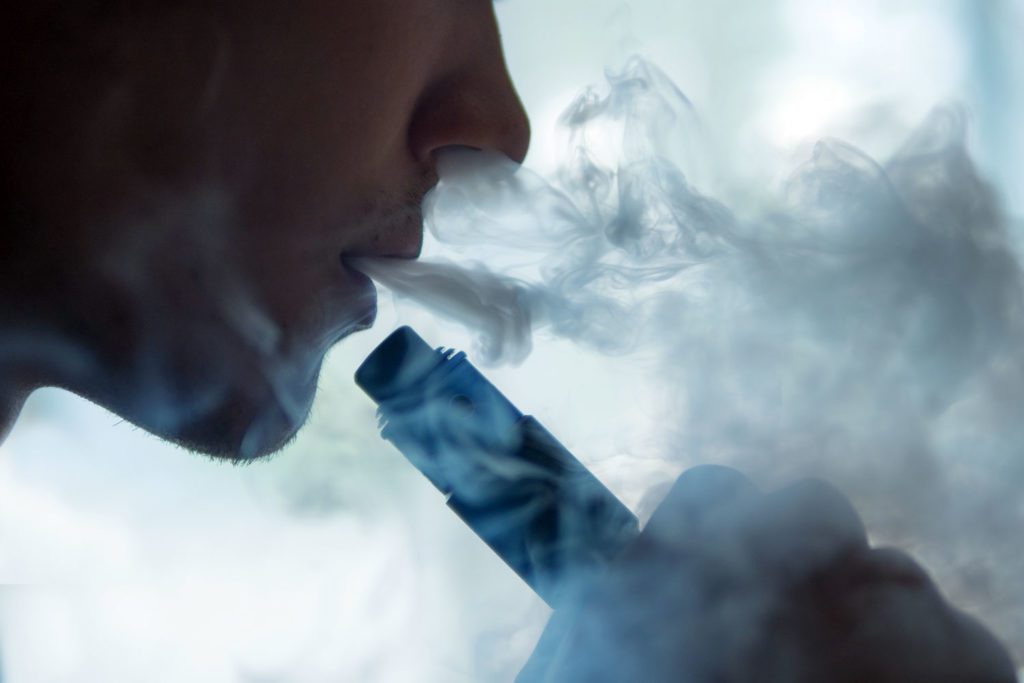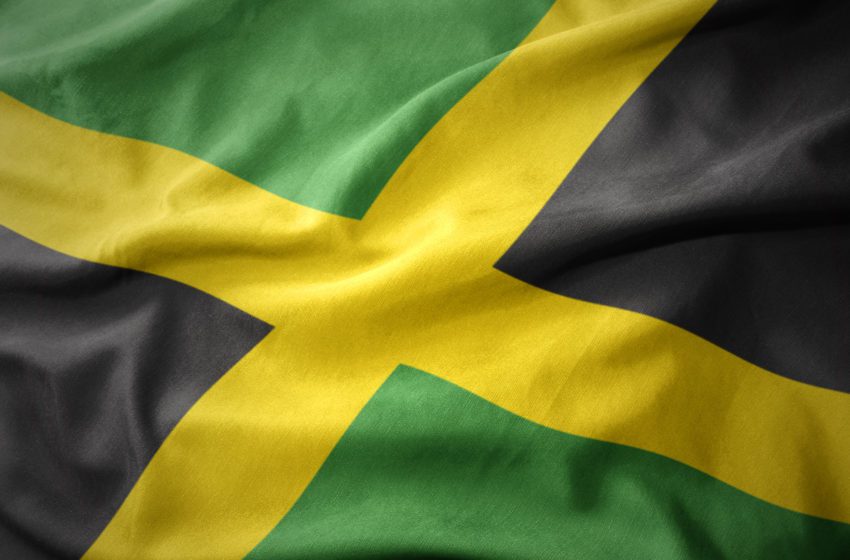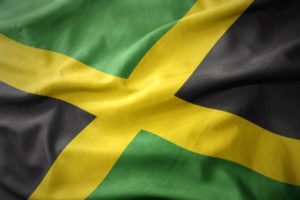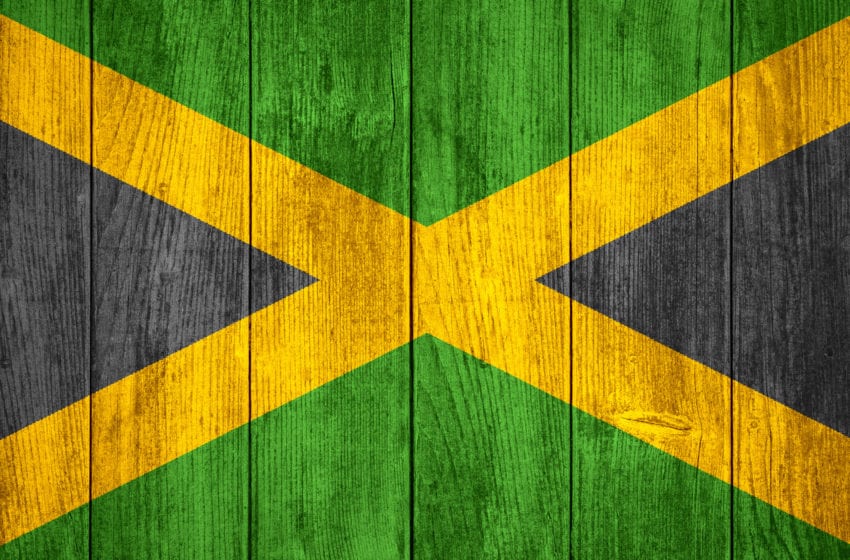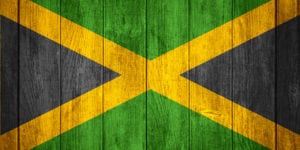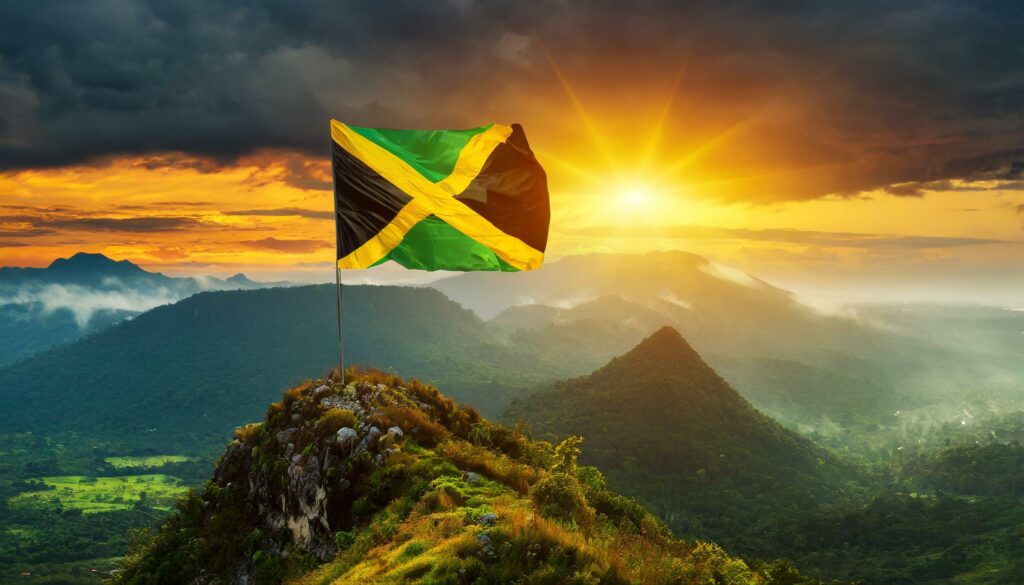
Jamaica has supported an updated strategy to accelerate action to meet Tobacco Control targets in the Region of the Americas.
“Jamaica wishes to reconfirm our unwavering commitment to achieving these targets and thanks PAHO for their continued leadership and technical support in advancing tobacco control in Jamaica,” noted Minister of Health & Wellness, Christopher Tufton, addressing the 61st Pan-American Health Organization (PAHO) Directing Council in Washington DC where the updated strategy was presented.
The Minister is leading the Jamaica delegation, including Chief Medical Officer Jacqueline Bisasor-McKenzie, to the meeting.
“We are concerned about the slow progress of member states in making environments completely smoke-free, which requires further assessment to close this gap. Of significant concern to Jamaica is the use of e-cigarettes and vaping among children, adolescents, and young adults, along with the general use of cannabis and the proliferation of hookah bars. The regulation of e-cigarettes is a significant step that will address this concern,” Tufton noted.
At the same time, he said it will be necessary to have an accompanying public education campaign, “especially to debunk the myths around e-cigarettes and the use of hookahs, that they are safe alternatives to smoking and not harmful to health”.
“We should also ensure that the Tobacco Control response is integrated into the NCD response,” the Minister said, according to Jamaica’s Ministry of Health and Wellness.
Jamaica is also promulgating new legislation that will regulate Government officials’ interactions with the tobacco industry, test and measure tobacco products’ contents and emissions, and promote communication and public awareness of tobacco control issues and the health risks of tobacco consumption and exposure to tobacco smoke.
Also covered, the Minister said, is “full and mandatory prohibition on tobacco advertising, promotion, and sponsorship, including a ban on point-of-sale tobacco displays, and increasing the size of the graphic health warning from 60 to 80 percent of the principal display areas of tobacco products”.

